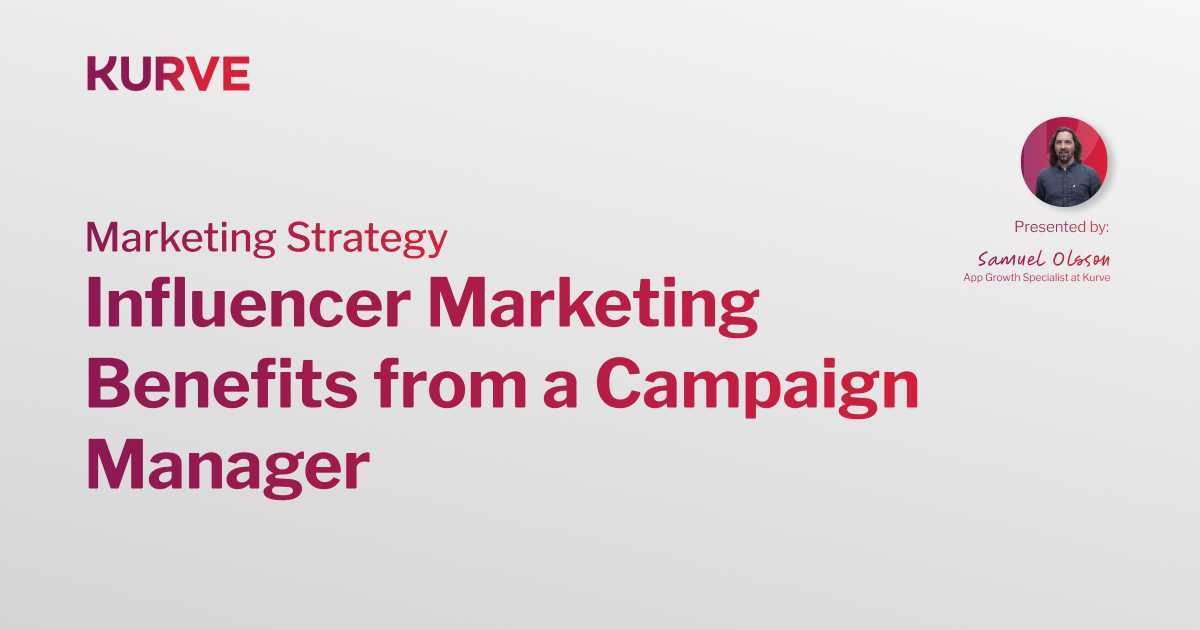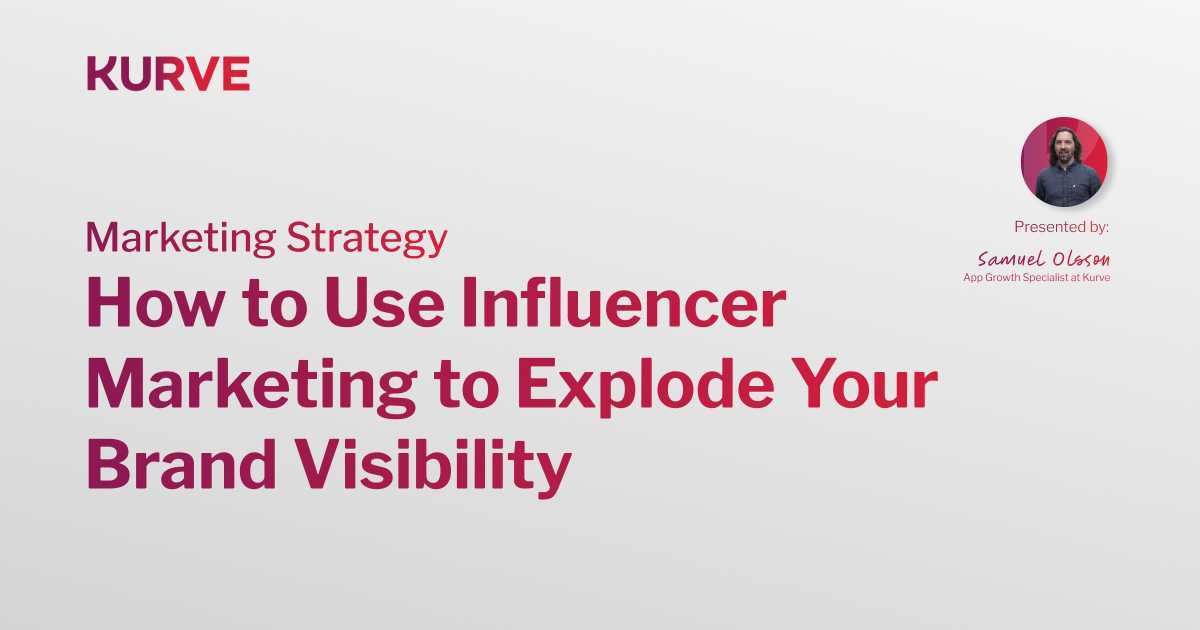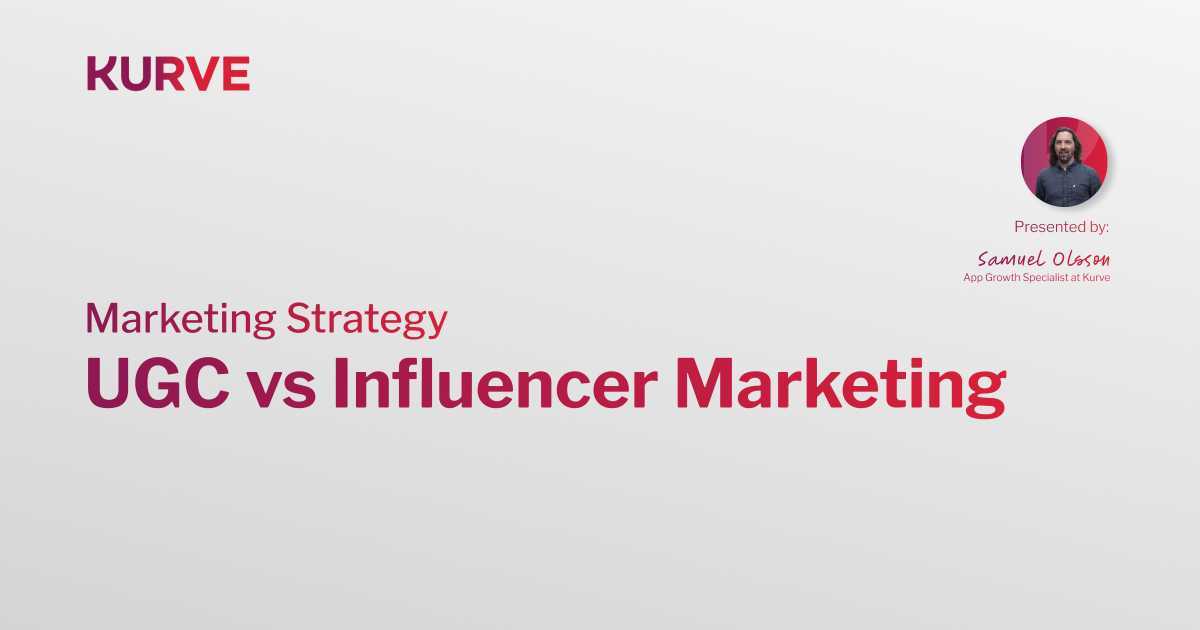SEO vs. PPC: Which is Best for Startup Growth?
SEO vs PPC
“It's choice - not chance - that determines your destiny.”
Jean Nidetch
As the co-founder of Weight Watchers, Jean Nidetch was pursuing a different kind of “lean and agile” to the modern startup. But her words ring true, especially for business leaders with more options to boost growth than ever before. Choice matters and success is finely-balanced. SEO vs. PPC is a common dilemma for startups and corporate innovation projects. In reality, this is a complex question. Anybody who claims to have a one-size-fits-all approach is a liar. Every business has its own goals, audience, and market conditions. That said, there is a basic pattern that will help guide your approach...
SEO vs. PPC
I’ll give you a short answer, in case you don’t have 5 minutes: PPC is best suited to fast growth, whereas content-led SEO is the long-term option. SEO will not deliver immediate results. If the pressure is on, weight the budget towards paid channels like Google AdWords and social ads in the early days, and introduce an organic search strategy as your position stabilises and you look to build long-term traffic. Let’s pick apart these two terms, in the context of which is best for your business.
SEO
SEO has emerged as a catch-all term for getting content to perform in Google . Essentially, you are optimising a content strategy to target the users who search for relevant terms. As an approach, SEO is only suitable when you have sufficient search volume for target keywords. What does “sufficient” look like? It depends on your business. If your product or service is a high value B2B software, 10-100 searches per month is worth targeting. If you’re B2C and margins are tighter, you’ll be looking for 100-1000 per month as the bare minimum number of searches. You also need to analyse the competition. In a nutshell, the content-led SEO process is as follows:
- Define your target keywords through research
- Measure search volume and competition for those keywords
- Identify the best opportunities for rankings
- Create content in the form of landing pages, blog posts, and mini-sites
- Build quality links to that content and your root domain
Caveat: “Technical SEO” is an essential part of any business with an online presence. It is an essential step for future-proofing your online marketing, as it provides the flexibility to pivot on channels when needed. It is a missed opportunity to not have a technically-sound website.
PPC
“PPC” stands for pay-per-click advertising, but this term has also expanded beyond its initial definition. PPC is often used as a catch-all reference for paid traffic generation . In most cases, PPC refers to Google AdWords and Bing Ads. Typically, these channels are useful for driving sales, signups, and leads via conversion-focused landing pages. In reality, social ads are also considered in the PPC mix. Facebook, LinkedIn, Instagram, and other platforms provide a pay-per-click advertising framework. But they aren’t limited to this structure, because they can offer payment based on reach (per thousand) and other metrics. For the purpose of this article, let’s assume you’re talking about Google AdWords. How do you determine whether Google AdWords is a useful channel for you to boost growth? The best way to evaluate this is to run a small test:
-
Define your target keywords through research
-
Measure search volume and competition for those keywords
-
Rank keywords based on search volume, competition, and user intent
-
Create 1 or 2 landing pages for the keywords you ranked high in step 3
-
Choose the conversion you want to test (e.g. button click for declaring interest)
-
Start your campaign and monitor results
Summary
Both of these channels can be brought into the strategic mix, to support content or drive sales. Typically, an early-stage business won’t throw their eggs into the SEO basket, because it’s a slow-moving world. However, it’s important to separate content marketing from SEO, because content can be delivered via PPC to maximise reach. If there is search volume and realistic opportunities for ranking content in the search engines, get your SEO-led content bubbling away. But don’t rely on it to drive results overnight. It has a cumulative effect over time. In a nutshell, paid channels should take centre-stage at the start of your business journey.


